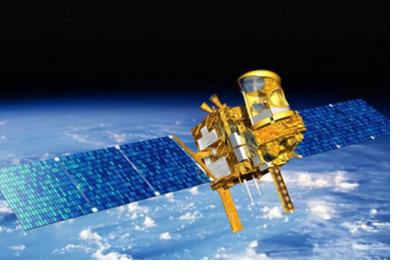The Indian Space Research Organisation (ISRO) and the French National Centre for Space Studies (CNES) have signed a agreement to strengthen cooperation in the use of satellite technology on various joint missions.
The Megha-Tropiques mission, which aims to study water cycles and energy exchanges to gain better knowledge of tropical weather systems and climate, will be one of the collaborative missions under the new “India - France Joint Vision for Space Cooperation”. The information gathered will help researchers to understand the life cycle of connected tropical systems, allowing for better climate research and prediction models. The Megha-Tropiques satellite was created and launched by ISRO, with payloads including the Sounder for Probing Vertical Profiles of Humidity (SAPHIR) and the Scanner for Radiation Budget (ScaRaB) from CNES, the Italian Radio Occultation Sensor for Vertical Profiling of Temperature and Humidity (ROSA), and the Microwave Analysis and Detection of Rain and Atmospheric Structures (MADRAS), an Imaging Radiometer created in collaboration by CNES and ISRO.
This agreement was part of a larger four day meeting between Indian Prime Minister Narendra Modi and French President Emmanuel Macron to strengthen economic and political ties between the nations.
In addition to this joint cooperation, this month ISRO has also signed an agreement with the European Union’s Earth Observation programme Copernicus. This Cooperation Arrangement facilitates a more free and open data and resource exchange between the two agencies. This exchange will be beneficial to both agencies in both research and humanitarian efforts, particularly in pursuit of the Sustainable Development Goals.

